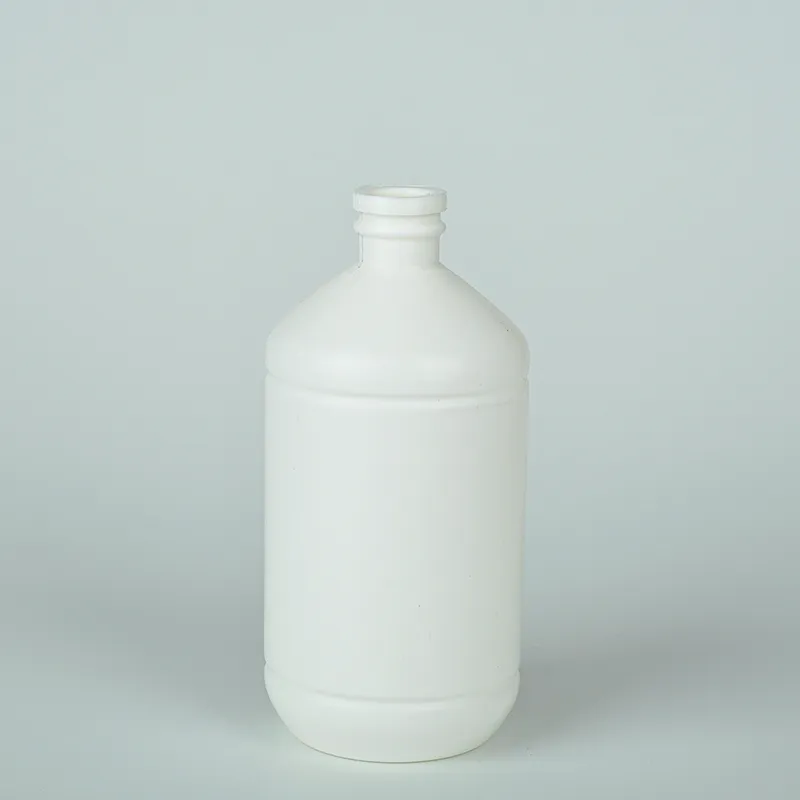
-
 Afrikaans
Afrikaans -
 Albanian
Albanian -
 Amharic
Amharic -
 Arabic
Arabic -
 Armenian
Armenian -
 Azerbaijani
Azerbaijani -
 Basque
Basque -
 Belarusian
Belarusian -
 Bengali
Bengali -
 Bosnian
Bosnian -
 Bulgarian
Bulgarian -
 Catalan
Catalan -
 Cebuano
Cebuano -
 Corsican
Corsican -
 Croatian
Croatian -
 Czech
Czech -
 Danish
Danish -
 Dutch
Dutch -
 English
English -
 Esperanto
Esperanto -
 Estonian
Estonian -
 Finnish
Finnish -
 French
French -
 Frisian
Frisian -
 Galician
Galician -
 Georgian
Georgian -
 German
German -
 Greek
Greek -
 Gujarati
Gujarati -
 Haitian Creole
Haitian Creole -
 hausa
hausa -
 hawaiian
hawaiian -
 Hebrew
Hebrew -
 Hindi
Hindi -
 Miao
Miao -
 Hungarian
Hungarian -
 Icelandic
Icelandic -
 igbo
igbo -
 Indonesian
Indonesian -
 irish
irish -
 Italian
Italian -
 Japanese
Japanese -
 Javanese
Javanese -
 Kannada
Kannada -
 kazakh
kazakh -
 Khmer
Khmer -
 Rwandese
Rwandese -
 Korean
Korean -
 Kurdish
Kurdish -
 Kyrgyz
Kyrgyz -
 Lao
Lao -
 Latin
Latin -
 Latvian
Latvian -
 Lithuanian
Lithuanian -
 Luxembourgish
Luxembourgish -
 Macedonian
Macedonian -
 Malgashi
Malgashi -
 Malay
Malay -
 Malayalam
Malayalam -
 Maltese
Maltese -
 Maori
Maori -
 Marathi
Marathi -
 Mongolian
Mongolian -
 Myanmar
Myanmar -
 Nepali
Nepali -
 Norwegian
Norwegian -
 Norwegian
Norwegian -
 Occitan
Occitan -
 Pashto
Pashto -
 Persian
Persian -
 Polish
Polish -
 Portuguese
Portuguese -
 Punjabi
Punjabi -
 Romanian
Romanian -
 Russian
Russian -
 Samoan
Samoan -
 Scottish Gaelic
Scottish Gaelic -
 Serbian
Serbian -
 Sesotho
Sesotho -
 Shona
Shona -
 Sindhi
Sindhi -
 Sinhala
Sinhala -
 Slovak
Slovak -
 Slovenian
Slovenian -
 Somali
Somali -
 Spanish
Spanish -
 Sundanese
Sundanese -
 Swahili
Swahili -
 Swedish
Swedish -
 Tagalog
Tagalog -
 Tajik
Tajik -
 Tamil
Tamil -
 Tatar
Tatar -
 Telugu
Telugu -
 Thai
Thai -
 Turkish
Turkish -
 Turkmen
Turkmen -
 Ukrainian
Ukrainian -
 Urdu
Urdu -
 Uighur
Uighur -
 Uzbek
Uzbek -
 Vietnamese
Vietnamese -
 Welsh
Welsh -
 Bantu
Bantu -
 Yiddish
Yiddish -
 Yoruba
Yoruba -
 Zulu
Zulu
Veterinary Laboratory Equipment and Supplies for Animal Health Diagnostics and Research
When it comes to the health and well-being of animals, veterinary labs play a crucial role. Veterinary lab supplies provide essential tools and materials needed for diagnosing diseases, conducting research, and ensuring the overall health of pets, livestock, and wildlife. This article explores the various aspects of veterinary lab supplies, their importance, and the latest advancements in the field.
Veterinary lab supplies encompass a wide range of products, including diagnostic kits, laboratory equipment, animal health products, and disposables. Diagnostic kits are vital for disease detection and management in animals. They often include reagents, test strips, and sample collection tools that enable veterinarians to quickly and accurately assess the health of their patients. For instance, blood tests, fecal tests, and tissue samples are commonly analyzed to diagnose infections, metabolic disorders, or parasitic infestations.
Laboratory equipment is another integral part of veterinary diagnostics. This category includes microscopes, centrifuges, incubators, and analyzers. Each piece of equipment plays a specific role in the lab. For example, microscopes are essential for examining blood smears and tissue samples at a cellular level, while centrifuges help separate components of bodily fluids. Furthermore, modern analyzers can provide rapid results for various health parameters, thereby improving the efficiency of veterinary practices.
Apart from diagnostics, veterinary lab supplies also include essential health products such as vaccines, antibiotics, and supplements. Vaccination is one of the most effective ways to prevent diseases in animals, and having a steady supply of vaccines is crucial. Similarly, antibiotics are essential for treating infections, while dietary supplements help promote overall health and recovery.
veterinary lab supplies

The importance of disposables in veterinary labs cannot be overstated. Items such as gloves, syringes, and pipettes are necessary for maintaining hygiene and preventing cross-contamination between samples. The rise of single-use supplies has significantly reduced the risk of spreading diseases within veterinary practices and hospitals.
In recent years, advancements in veterinary lab technology have revolutionized the field. Innovations such as point-of-care testing and telemedicine have made diagnostic processes more efficient and accessible. With point-of-care testing, veterinarians can obtain results within minutes, leading to quicker treatment decisions. Telemedicine allows pet owners to consult with veterinarians remotely, ensuring that animals receive timely care without the stress of a clinic visit.
In conclusion, veterinary lab supplies are an essential component of animal healthcare. They facilitate accurate diagnostics, promote effective treatment, and enhance the overall efficiency of veterinary practices. As technology continues to advance, the availability and effectiveness of these supplies will undoubtedly improve, leading to better health outcomes for animals. The ongoing investment in veterinary lab supplies will ensure that veterinarians have the tools they need to provide the best possible care for their patients, ultimately contributing to the well-being of our furry friends and the animals that share our world.
-
PTFE Centrifuge Tubes - Chemical Resistant, Leak-proof, Ideal for Laboratory UseNewsJul.05,2025
-
Premium Metal Dropper Bottle for Precise Dispensing 250ml & 1ml Options AvailableNewsJul.04,2025
-
20 ml Headspace Vials - High Quality Polyethylene & Plastic Vials for Lab UseNewsJul.04,2025
-
Small Bottle with Pipette - Precise Dispensing 100ml Pipette Bottles for Essential Oils & Lab UseNewsJun.24,2025
-
Acetic Anhydride Bottle for Accurate Dropper Measurement in Pharmacy Use High-Quality Dropper BottlesNewsJun.10,2025
-
Innovative PET Bottle Design for Juice – Unique Shapes & Customization OptionsNewsJun.10,2025






















